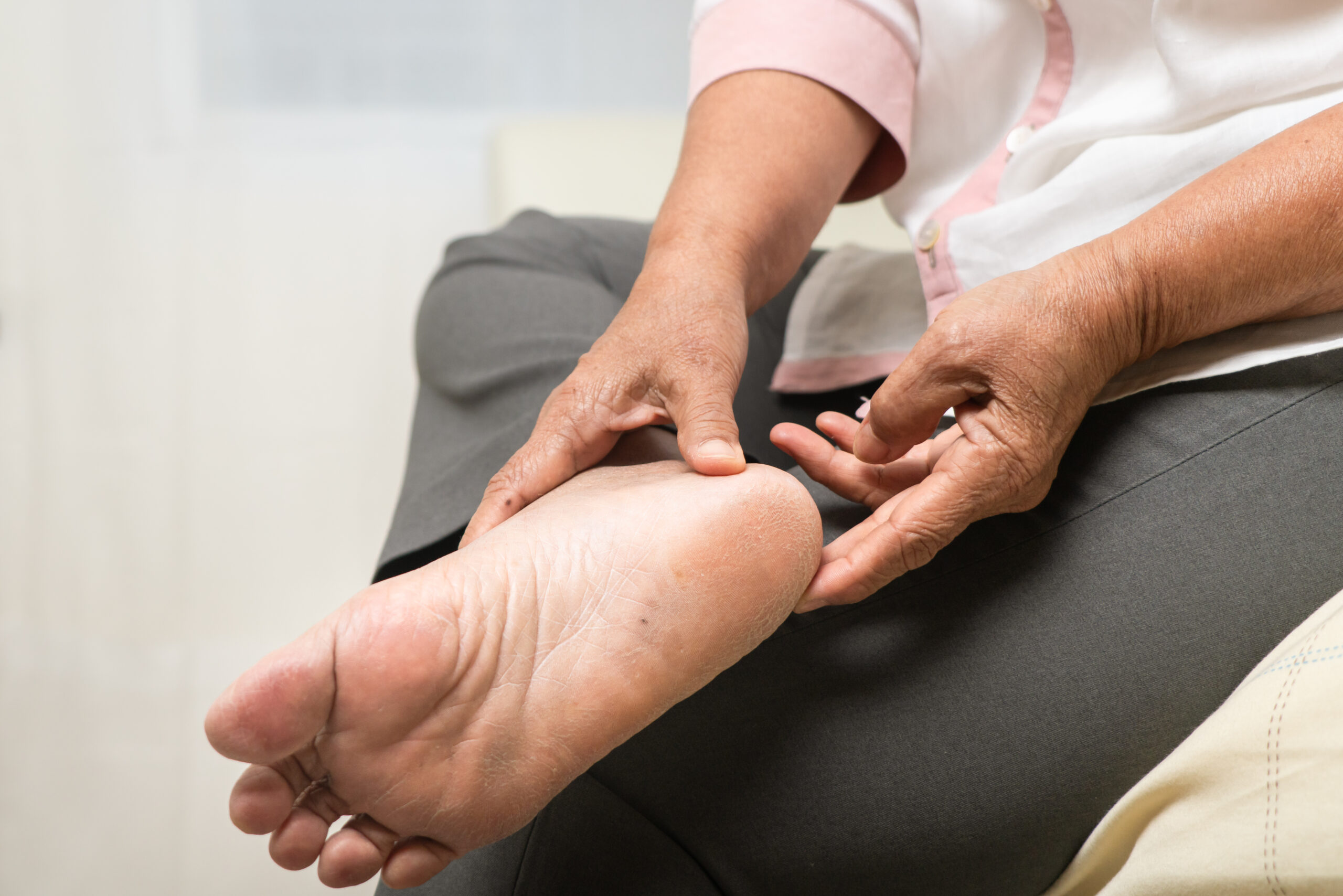How Diabetes Can Seriously Damage Vein Health Over Time
Published on September 8, 2024 by Nu Vela Laser and Vein Center
Diabetes can impact vein health and lead to complications like chronic venous insufficiency, varicose veins, and deep vein thrombosis (DVT). Here’s how diabetes affects veins:
Poor Circulation
Vein disease symptoms in people with diabetes include poor circulation. Diabetes often leads to high blood sugar levels, which can cause blood vessels to become narrow and stiff, restricting blood flow. Poor circulation means that veins must work harder to return blood to the heart, leading to issues like varicose veins and venous insufficiency.
Nerve Damage (Neuropathy)
High blood sugar can damage nerves, especially in the legs and feet, a condition known as diabetic neuropathy. This nerve damage can reduce sensation, making it harder to notice symptoms of vein problems, such as pain or swelling, which can worsen untreated vein disease
Increased Risk of Blood Clots
Diabetes can increase the risk of blood clot formation, which can lead to deep vein thrombosis (DVT). DVT occurs when a blood clot forms in a deep vein, often in the legs, and can be life-threatening if the clot travels to the lungs.
Increased Inflammation
Diabetes is associated with chronic inflammation, which can damage the walls of veins and lead to venous disease. This inflammation can weaken vein walls and valves, resulting in conditions like varicose veins.
Slow Wound Healing
One of the diabetic vascular complications is the slow healing of wounds. High blood sugar levels can impair the body’s ability to heal wounds, including those caused by vein disease. Slow wound healing increases the risk of ulcers and infections, especially in the legs and feet.
Weight Management
Many people with diabetes struggle with weight management, which can put additional pressure on veins, exacerbating vein disease. Excess weight can make it more difficult for veins to circulate blood properly, increasing the risk of conditions like varicose veins.
Prevention and Management
Managing diabetes through a healthy diet, regular exercise, and proper medication is essential in preventing and managing vein disease. Regular check-ups with a healthcare provider specializing in vascular health can help identify and treat vein issues early, reducing the risk of serious complications.
Non-Invasive Vein Treatments for Diabetic Patients
At the Nu Vela Laser and Vein Center, non-invasive treatments can help manage vein health for patients with diabetes. These treatments include:
- Endovenous Laser Treatment (EVLT): This minimally invasive treatment uses laser energy to collapse and close off varicose veins, improving blood circulation. It’s beneficial for people with diabetes at higher risk of complications from poor circulation.
- Venefit™ (formerly VNUS Closure): Similar to EVLT, Venefit uses radiofrequency energy to close diseased veins, reducing symptoms like swelling and leg pain, common issues for diabetic patients.
Dr. Raffi Dishakjian will review your medical records from your diabetes specialist or endocrinologist before recommending treatments. This review will allow him to recommend a treatment that will improve and manage diabetes symptoms and complications, especially those related to vein health.
Schedule Your Vein Health Consultation Today
For more information on diabetes and vein disease, contact our vein clinic, Nu Vela Laser and Vein Center. Dr. Raffi Dishakjian will listen to your health concerns, review y


